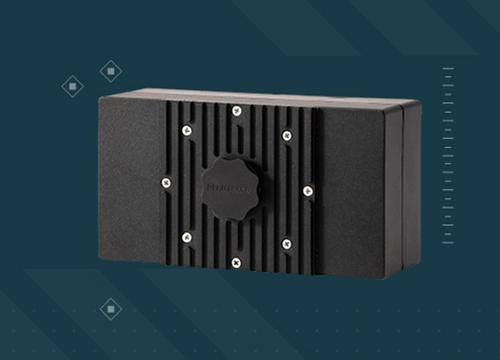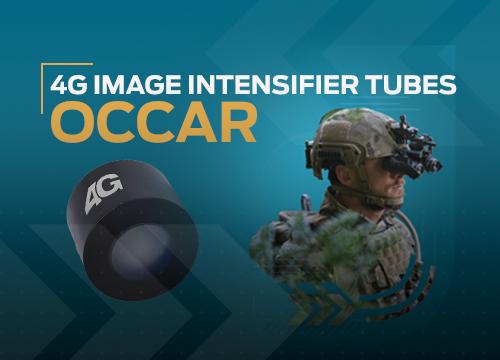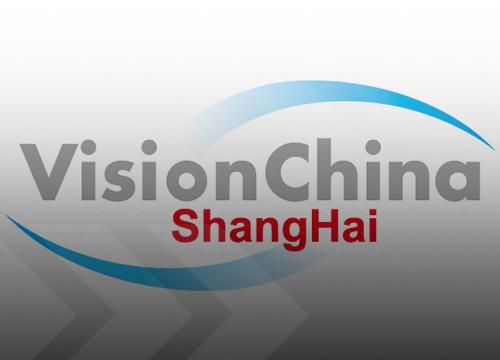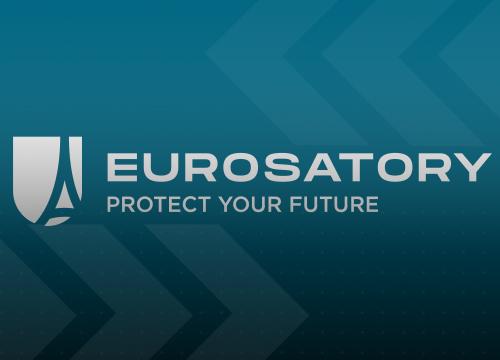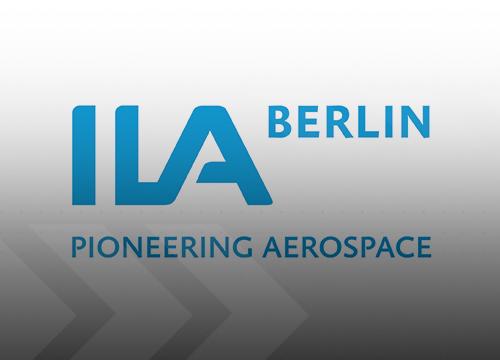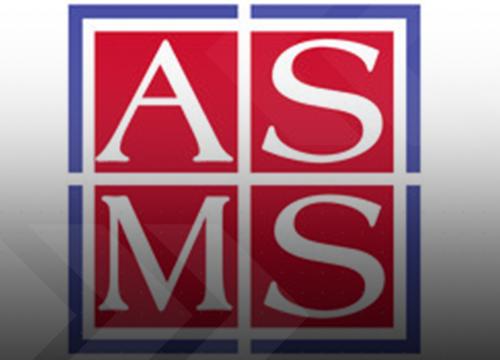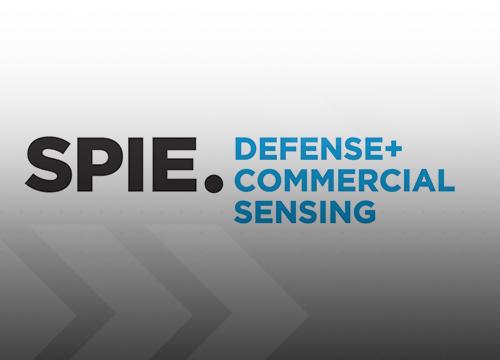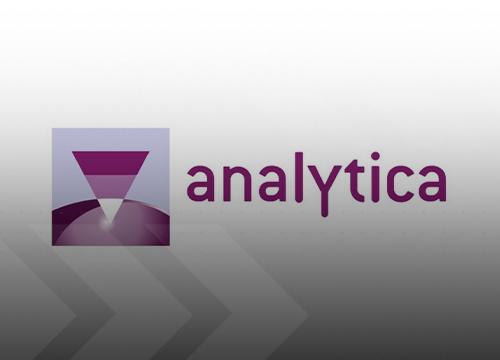Photonis’ underwater solution for sustainable aquaculture
The human population is continuously growing, therefore the demand for food, including seafood has increased as well. To prevent all oceans from being over-fished and to prevent sea life from being damaged, companies have been exploring other ways of obtaining seafood for many years. New solutions are increasingly technology driven and have made it possible to grow food in coastal marine waters and in the open ocean which is referred to as aquaculture.
Aquaculture is the controlled process of cultivating aquatic organisms, especially for human consumption. Another name for aquaculture is fish farming, a similar concept to agriculture but with aquatic animals or plants including fish, crustaceans and molluscs. Aquaculture can take place all over the world, and it does: in coastal ocean waters, freshwater ponds and rivers, and even on land in tanks.
Challenges within aquaculture
One of the biggest challenges within aquaculture is the daily visual inspection of the fish and the net. Frequent monitoring is necessary to control the quality as well as the biodiversity around fish farms. These farms are often based in locations with a weak current, where fish live close together and because of that the risk of parasites, bacterial growth, and diseases is high. These risks could affect not only the fish in the farm itself, but also the fish that live there naturally. On top of that a hole in the net often occurs which may cause the loss of production. For these reasons it is necessary that aquaculture farms have systems that provide close monitoring.
Low light imaging for safe and healthy fish farms
The concept of low light imaging offers a perfect solution for managers and fish farm owners to ensure safe, healthy, and sustainable fish farms. The majority of fish farms are located underwater and in low light conditions because of their distance from the coast. In these conditions conventional cameras cannot capture clear images to provide owner and managers with actionable analytical data. Additional lighting can be used during inspection but the use needs to be very limited so it does not disturb the fish or provide snowy images due to lighted floating particles. Low-light sensitive digital cameras can be used to check the health of the fish, the nets, monitor feeding, and in combination with a robot even enable cleaning of the nets without the need for additional lighting.
Photonis’ Nocturn provides the best aquaculture images
Photonis’ low-light Nocturn is a sensitive and compact camera core that fits for feed response, behavioral monitoring of fish, and net inspection. The ruggedized camera core performs extremely well in passive operation within low-light conditions. Thus eliminating the need for additional lighting under the water. The small, compact and light-weighted characteristics makes this camera core versatile allowing it to be integrated into a camera housing for immersion in seawater. In addition, the CMOS based sensor technology allows high-speed capturing of up to 100 fps at the full frame mode making it suitable to detect the fast movement of the fish.
Customised camera cores
The Photonis R&D team offers the capability to customise camera cores to the most stringent requirements. Discover more insights in industrial automation environments with Photonis’ camera cores or make an appointment with the team through the website.
